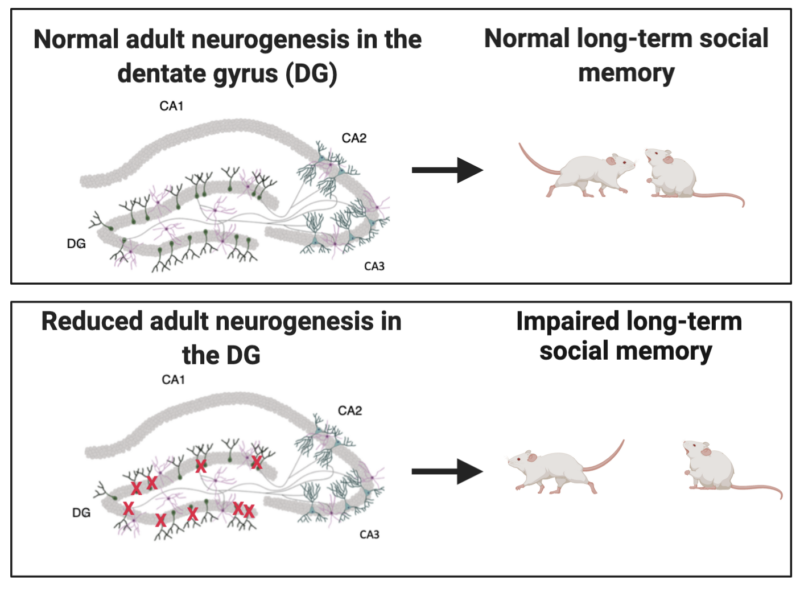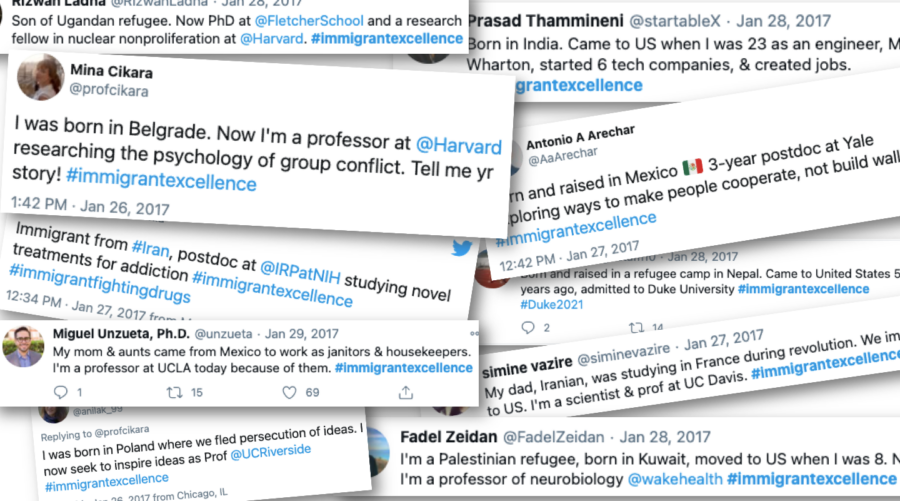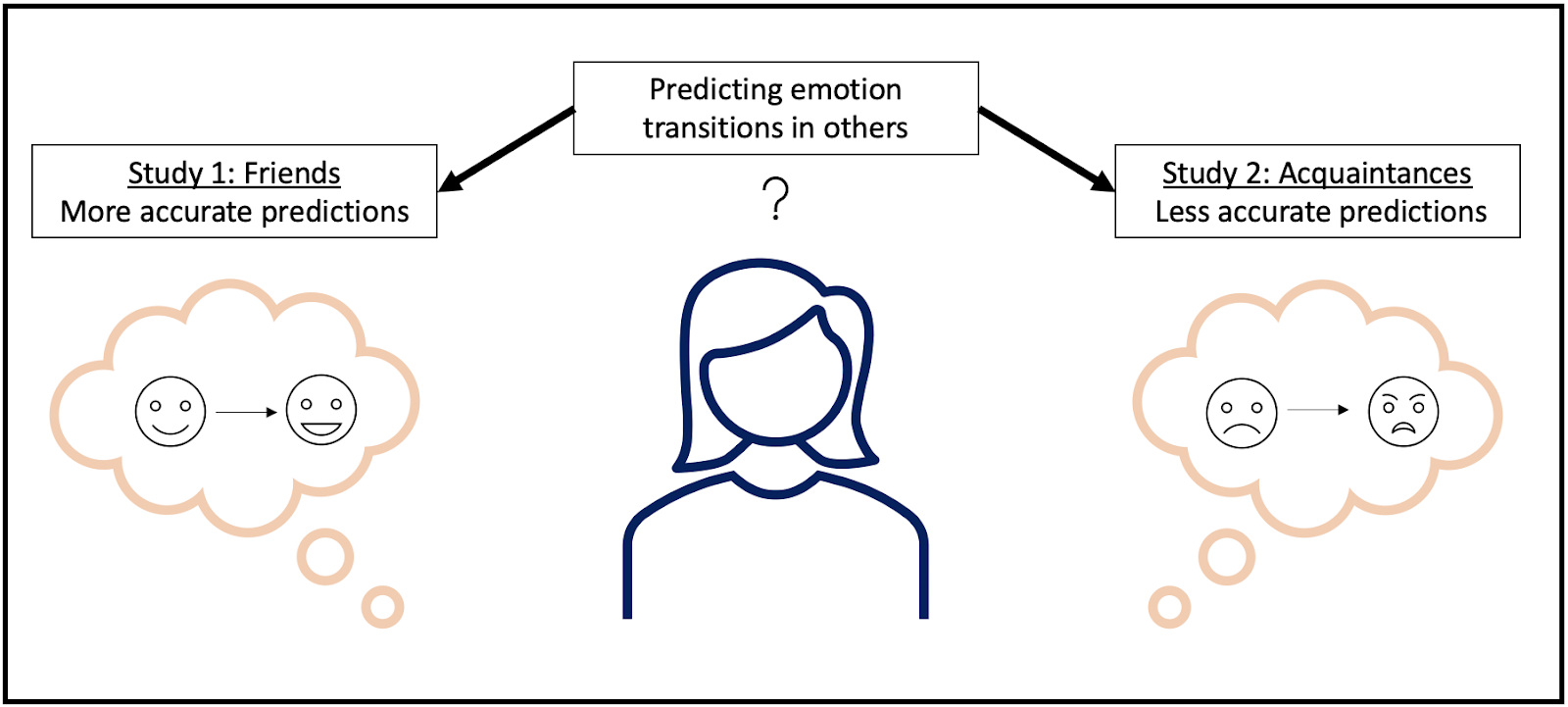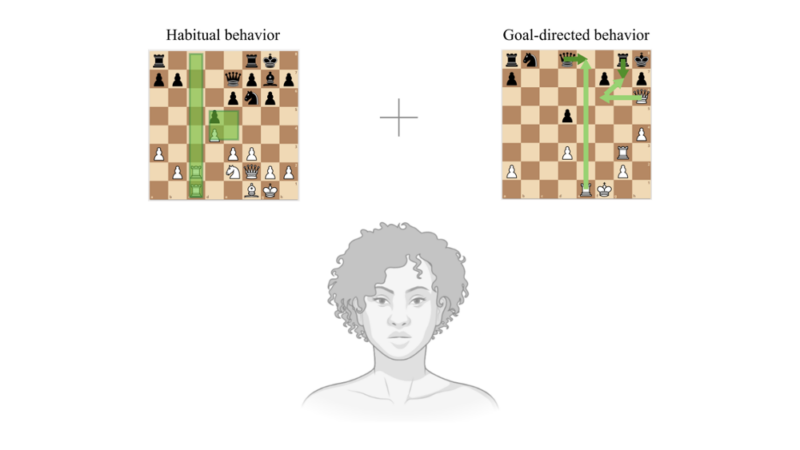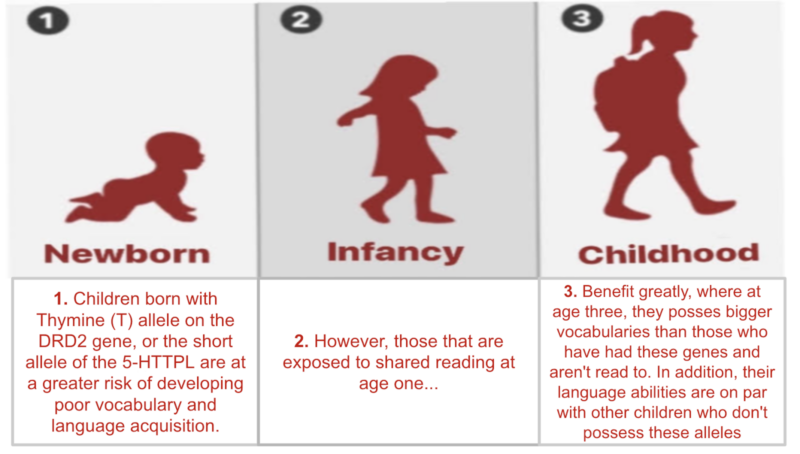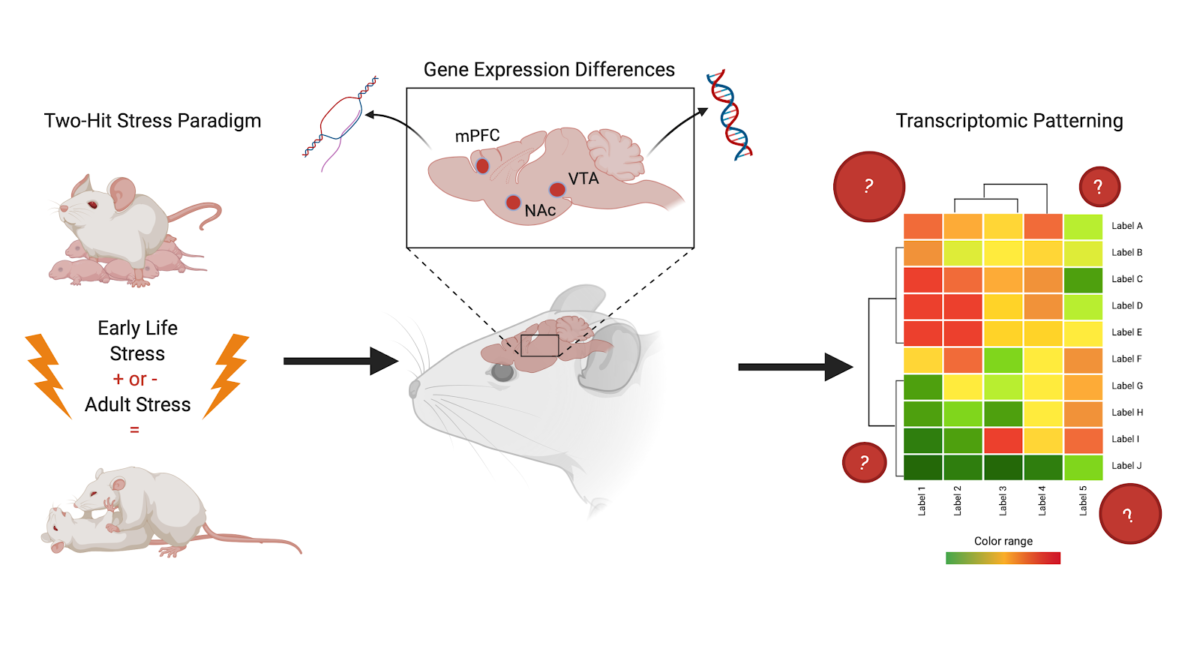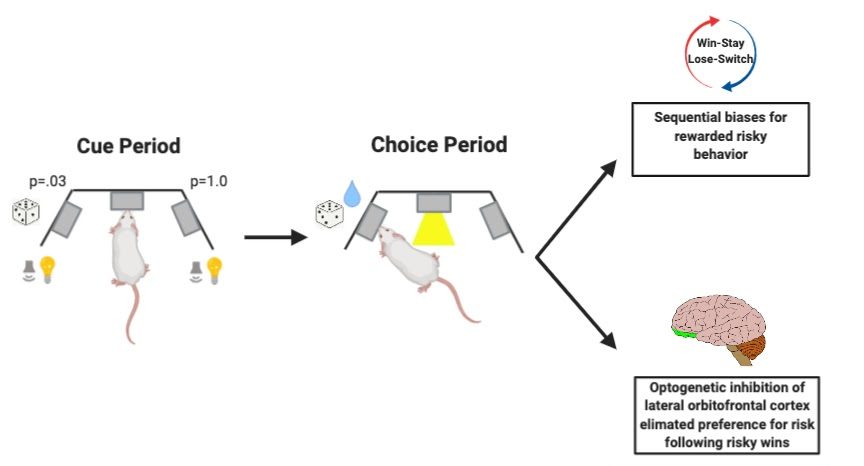Review written by Renee Waters (PSY, G2)
Have you ever wondered how you can recognize a familiar friend in a busy environment? Or maybe how you remember a person you’ve seen just once? Social memory is the ability to recognize familiar others and is an essential function across species, not only for safety but also to maintain stable structures in complex and dynamic social networks. Social memory is involved in hierarchy formation, and defense, as well as mate, offspring, and interspecies recognition. A region of the brain called the hippocampus has long been pinpointed for its role in learning and memory generally; however, great strides have been taken recently to understand its role in social memory more specifically.
Continue reading
